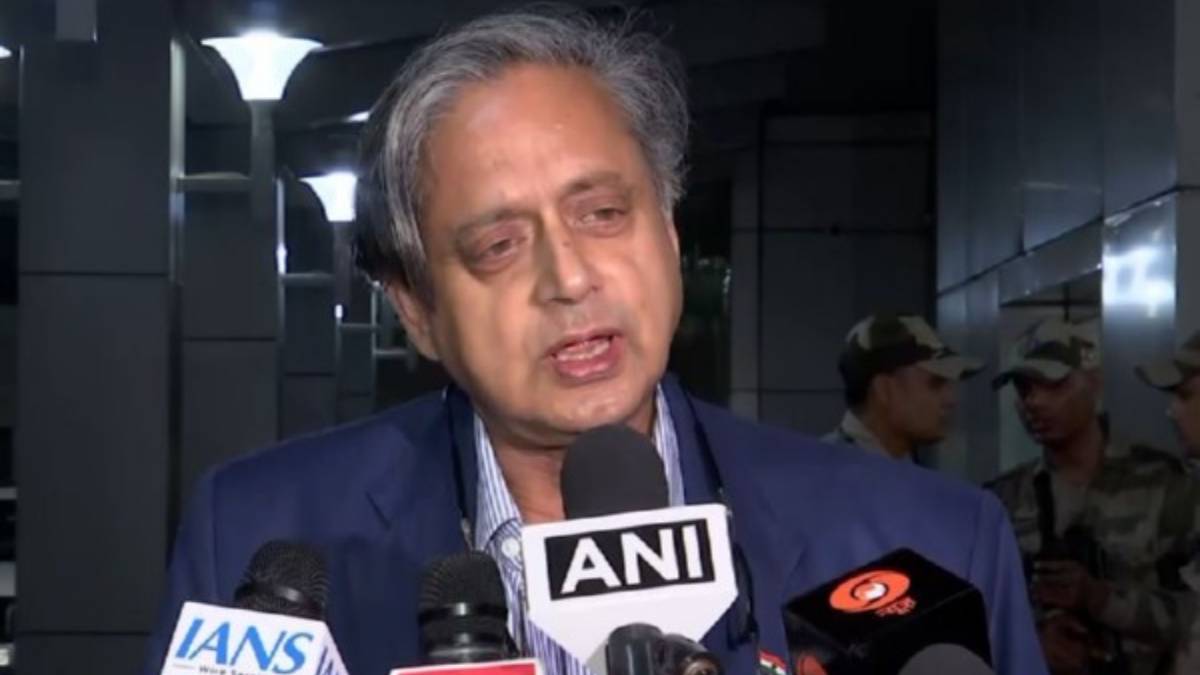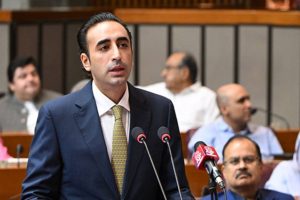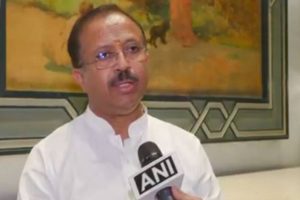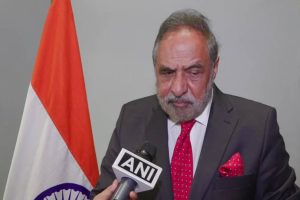In a pivotal diplomatic showdown, Indian and Pakistani delegations are set to face off in Washington, D.C., as both nations intensify their international outreach efforts following Operation Sindoor. While Pakistan’s team is led by PPP Chairman Bilawal Bhutto Zardari, India’s high-profile delegation is being spearheaded by Congress MP Shashi Tharoor, who expressed confidence in India’s ability to communicate its stance on terrorism and regional stability.
Speaking to ANI, Tharoor highlighted the symbolic significance of the timing, with both delegations scheduled to be in the US capital simultaneously. “It’s going to be interesting. There’ll likely be increased attention because of the presence of two duelling delegations in the same city,” he said, as India’s team enters the final leg of its multi-nation diplomatic tour.
Tharoor acknowledged the challenges of breaking through in America’s crowded media landscape, but emphasized India’s appeal to key audiences. “If we can get the attention of those who care about South Asia, India, and global terrorism, we can get our message across very, very easily,” he stated.
India’s delegation has scheduled meetings with top US government officials, lawmakers, senators, congressional committees, think tanks, and media outlets, including a press address at the National Press Club. Tharoor is also set to give multiple interviews across American media platforms.
Tharoor underlined the multifaceted nature of US-India ties, noting that the relationship extends beyond geopolitical crises. “The Security Council is just one small part. Our cooperation with the US spans trade, defence, intelligence sharing, QUAD, G20 and more.”
He dismissed suggestions of US mediation in the recent cessation of hostilities with Pakistan. “No one needed to persuade us to stop. We never wanted war. If there was any persuasion, it had to be directed at Pakistan. Our actions were limited and targeted—retribution against terrorists, not a prelude to war.”
Contrasting the two diplomatic efforts, Tharoor pointed out that while India’s delegation has visited several global capitals, Pakistan is limiting its focus to Washington, Brussels, and London. “It’s no coincidence they’ve dispatched their delegation now. But their reach is narrower.”
Bhutto Zardari, who confirmed on May 17 that Pakistan’s Prime Minister Shehbaz Sharif had tasked him with leading the country’s international response, aims to present Islamabad’s narrative amid rising tensions with New Delhi.
India’s delegation includes lawmakers from across the political spectrum, a reflection of the country’s vibrant and inclusive democracy. Alongside Tharoor, members include Sarfaraz Ahmad, Ganti Harish Madhur, Shashank Mani Tripathi, Bhubaneswar Kalita, Tejasvi Surya, and Ambassador Taranjit Singh Sandhu.
Tharoor reiterated India’s central message to the world: India seeks peace, not escalation. “We’re focused on development, not war. This wasn’t an opening salvo—it was a precise and limited response to terror. If Pakistan hadn’t reacted, neither would we have,” he said.
As both delegations prepare to make their case before Washington’s diplomatic and media circuits, India aims to reinforce its global image as a responsible actor combating terrorism, while countering Pakistan’s narrative head-on in one of the most influential capitals in the world.





